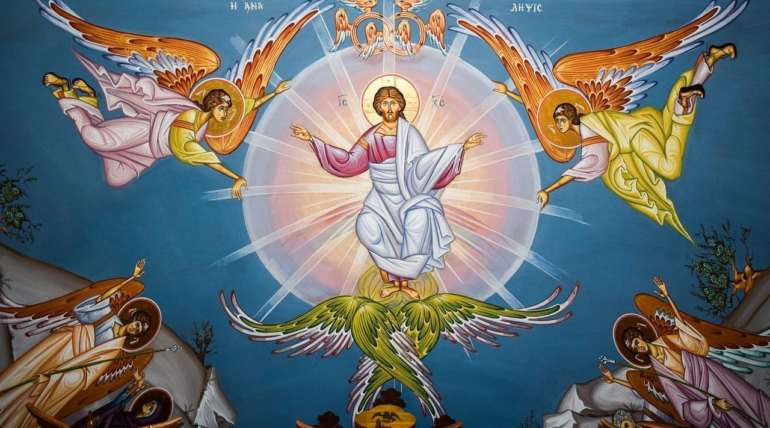SIXTH SUNDAY Mark 1: 40-50
“In 1808, the Norwegian scientist Gerhard Hansen discovered the biomedical cause of leprosy, an extremely chronic but not very infectious disease. Leprosy results in a loss of sensation and a progressive though painless ulceration of the extremities. Facial nodules develop . . .” Scholars today are certain that biblical leprosy, as described in today’s first reading and in the gospel, is not modern leprosy. In biblical times lepers were deemed to be abandoned by God and the law of the land forbade them to mix or associate with the normal community. Exclusion from others and unending loneliness was their life sentence. Along comes Jesus and his compassion for the leper puts an end to his miserable existence.
Quite a few gospel stories show Jesus mixing and mingling with ‘untouchables’ as he goes about his daily life. These people comprised almost every kind of sinner and invalid; but the best examples were lepers. People avoided them. The religious outlook at the time made an explicit link between their condition in life and God’s view of them. Their disease was the result of moral behaviour that deserved punishment – either the lepers’ or that of their ancestors. Lepers were thought to deserve neither mercy nor salvation. Yet Jesus does the unthinkable: he touches them. He is saying in effect, ‘You are worthy of physical affection and respect, of recognition and second chances.’ Feeling unwanted or worthless is often at the root of contemporary loneliness in our world.
Most of us can identify with loneliness, the worst aspect of a leper’s life – or anyone’s life for that matter. There’s a loneliness in everyone – a deep sense that there’s something missing or at least the shoe isn’t quite fitting us. Augustine’s famous cry comes to mind: “You made us for yourself, O God, and our hearts are restless until they rest in Thee.” The French mystic Simone Weil identified moral loneliness as that which she suffered from most and which motivated her best. We feel moral loneliness when we long for someone – an ‘ainm cara’ or soul mate – who meets us and understands all that’s deepest and most precious inside us. Many people of faith feel moral loneliness – the need for a soul partner, someone who meets us at our deepest level and honours all that matters most to us.
Mark’s Gospel was written some thirty or more years after Jesus death, and it includes the lonely cry from the cross, My God, my God why have you forsaken me. His feeling of deep compassion and pity for the leper may well have released a wave of abandonment in his own soul, something that is central to all humanity. When God sent his only son to be one of us the Divine One became totally identified with the whole human condition. He felt the desperation and God forsakenness of the leper, and he wanted to take it away. He offers us the new life and hope that he gave the leper. Cf. Hebrews 5:7-8.
Fr. QQ – 07/02/2024




